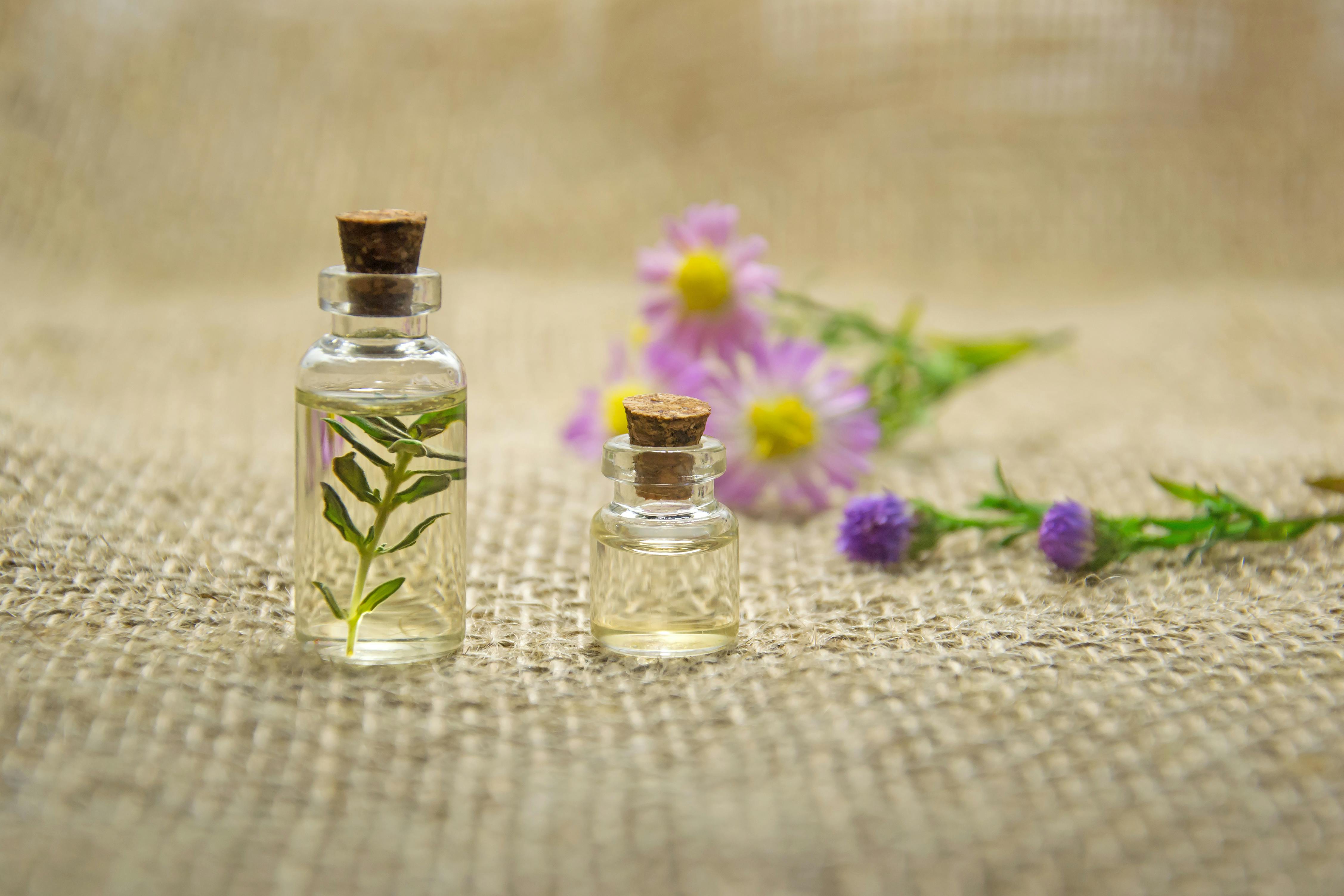The Art and Science of Perfumery: A Deep Dive into the World of Fragrances
Perfumery, the art of creating perfumes, has been an integral part of human civilization for centuries. With roots dating back to ancient civilizations, it is a practice that has evolved over time to become a significant part of our daily lives. From the incense used in religious rituals to the fragrant oils used in bathing and personal grooming, perfumes have always held a special place in human culture. But what goes into creating these intoxicating scents? How have the methods and materials used in perfumery changed over time? This article explores the fascinating world of perfumery, examining its historical significance, current trends, and future potential.

The Early Days: Perfumery in Ancient Civilizations
Perfumery’s origins can be traced back to the ancient civilizations of Mesopotamia and Egypt. Both cultures placed a high value on perfumes, using them for religious rituals, personal grooming, and even medicinal purposes. The Egyptians are known for their complex embalming procedures, which often involved the use of aromatic resins and oils.
The Greeks and Romans also contributed significantly to the development of perfumery. They embraced the practice for both aesthetic and functional purposes, using fragrances to mask body odors and to create pleasant living environments. They also introduced the concept of using different scents for different occasions and seasons, a practice that continues to this day.
The Middle Ages and Renaissance: The Evolution of Perfume Making
During the Middle Ages and the Renaissance period, perfumery underwent significant changes. As trade routes expanded, new and exotic ingredients became available to perfume makers. This led to the creation of more complex and sophisticated fragrances.
During this period, perfumery also started to gain recognition as a scientific discipline. The development of distillation techniques allowed for the extraction of essential oils, marking a major breakthrough in perfume making. This scientific approach to perfumery continued to evolve, culminating in the creation of the first modern perfume in the late 19th century.
The Modern Era: Synthetics and Mass Production
The modern era of perfumery began with the introduction of synthetic ingredients. These man-made compounds allowed perfumers to create new and unique scents that were not possible with natural ingredients alone. Synthetics also made it possible to produce perfumes on a large scale, making them more accessible to the general public.
Today, the perfume industry is a multi-billion dollar business, with thousands of different fragrances available to consumers. Despite the mass production, the art of perfumery is still very much alive. Many luxury brands continue to employ master perfumers, who create complex and distinctive scents using a combination of traditional techniques and modern technologies.
Current Trends: The Rise of Niche and Indie Fragrances
In recent years, there has been a growing interest in niche and indie fragrances. These small-batch perfumes are often created by independent perfumers or small brands, offering unique and unconventional scents. This trend reflects a desire for individuality and authenticity, as consumers seek out fragrances that reflect their personal style and personality.
The rise of niche and indie fragrances also highlights a shift towards more environmentally conscious and ethical practices in the perfume industry. Many of these brands prioritize the use of natural and sustainably sourced ingredients, and are transparent about their production processes.
The Future of Perfumery: Innovation and Sustainability
Looking ahead, the future of perfumery is likely to be shaped by ongoing innovation and a continued focus on sustainability. Advances in biotechnology, for example, could lead to the development of new synthetic ingredients that mimic natural scents more closely.
At the same time, the industry is likely to continue moving towards more sustainable practices. This could include the use of renewable resources, waste reduction, and increased transparency in sourcing and production.
Perfumery is a fascinating field that combines art and science, history and innovation. From its ancient beginnings to its modern iterations, it is a practice that continues to evolve and adapt, reflecting the changing tastes and values of society. As we look to the future, it is clear that the world of fragrances will continue to captivate and inspire us for years to come.






